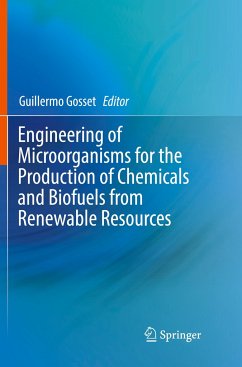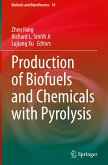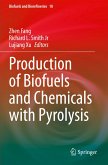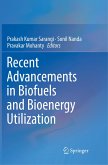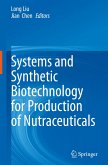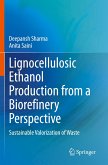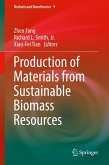This book reviews state of the art regarding strategies for generating and improving microbial strains designed for utilizing renewable raw materials. It discusses methods for genetically engineering of thermophilic bacteria, Saccharomyces cerevisiae, Escherichia coli and Zymomonas mobilis, as well as approaches for obtaining useful products from these renewable raw materials based on biotechnological processes using microbes to chemically transform them. However, the efficient transformation of lignocellulosic biomass or glycerol to useful products represents a major challenge: Biomass has to be treated physically and chemically to release a mixture of sugars that potentially can be employed by the microbial production strains. These hydrolytic treatments result in diverse toxic compounds being generated and released, that negatively impact strain performance. Furthermore, most of the commonly used industrial microbes do not have the natural capacity to efficiently utilize and transform the generated sugar mixtures or glycerol.
The microbial species reviewed in this book possess particular advantages as production strains and are currently employed for the synthesis of numerous biofuels and chemicals. The book reviews the general and strain-specific genetic engineering strategies for the improvement of sugar mixtures and glycerol catabolism. The issue of lignocellulosic hydrolysate toxicity is addressed in several chapters, where genetic engineering and adaptive laboratory evolution strategies are reviewed and discussed.
The objective of this book is to provide the current knowledge regarding strategies for the generation and improvement of microbial strains designed for the transformation of renewable raw materials into useful products. This book aims to become a reference for researchers and students working in this field.
The microbial species reviewed in this book possess particular advantages as production strains and are currently employed for the synthesis of numerous biofuels and chemicals. The book reviews the general and strain-specific genetic engineering strategies for the improvement of sugar mixtures and glycerol catabolism. The issue of lignocellulosic hydrolysate toxicity is addressed in several chapters, where genetic engineering and adaptive laboratory evolution strategies are reviewed and discussed.
The objective of this book is to provide the current knowledge regarding strategies for the generation and improvement of microbial strains designed for the transformation of renewable raw materials into useful products. This book aims to become a reference for researchers and students working in this field.

